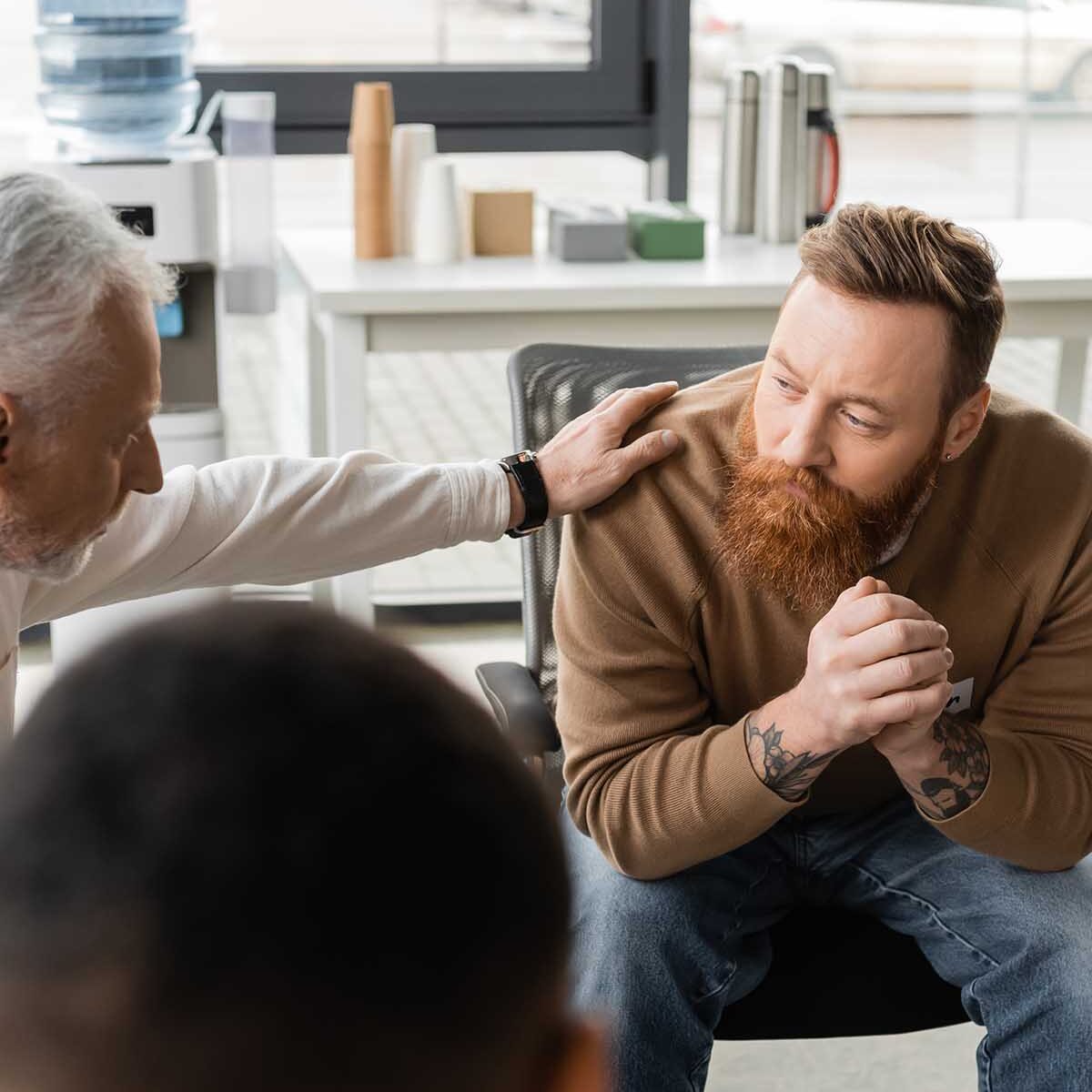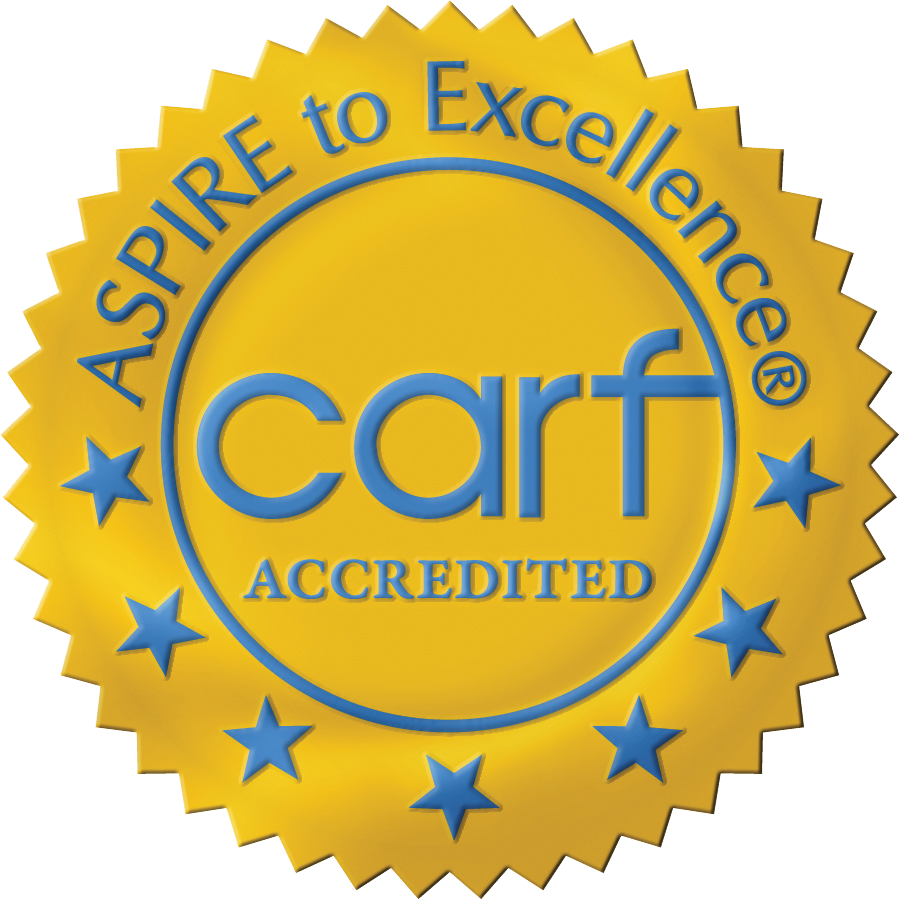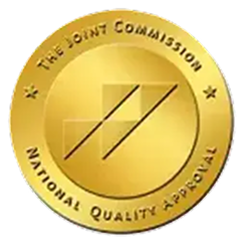Addiction Intervention Services
An addiction intervention is a structured, professionally-led conversation. It’s designed to help someone fighting substance use recognize the effects of their addiction and accept treatment. Led by a certified intervention professional, this process brings together family members and loved ones to express concern in a supportive, non-judgmental environment.
Interventions at Recovery Centers of America
When someone you love is struggling and may not be ready to accept help, it can feel impossible to know what to say or how to help without making things worse. Recovery Centers of America’s Certified Intervention Professionals (CIPs) support families like yours during this stage by focusing on what is within your control: understanding, communication, and the health of the family system.
Rather than relying on confrontation or pressure, our interventionists help families:
- lower conflict and rebuild trust
- learn healthier ways to communicate concerns
- set supportive boundaries
We provide practical tools you can use immediately to change the day-to-day dynamics at home.
How the RCA Intervention Process Works:
Recovery Centers of America’s team of CIPs have provided nearly 3,000 interventions. We will guide you, so you never have to guess what comes next.
Step 1: Reach Out to Us at
1.800.RECOVERY
Call RCA anytime, day or night, to speak with a Treatment Advisor, who will connect you with a Family Support Specialist—a trained family coach who listens, answers questions, and helps you feel grounded without pressure or judgment.
Step 2: Connect with a Certified Intervention Professional (CIP)
Your CIP takes time with you to understand your loved one’s situation, your family dynamics, and your concerns, so our approach meets you and your loved one exactly where you are.
Step 3: Create a Plan
Together, you and your CIP will plan the intervention details (i.e., who should be involved, where it will take place (in person, virtual, or hybrid), and how to keep the conversation supportive and focused.
Step 4: Prepare for Objections and Barriers
Your interventionist will help you anticipate common fears or objections, prepare messages rooted in care and honesty, and coordinate treatment options in advance so the conversation stays focused, calm, and supportive.
Step 5: Hold the Intervention
During the intervention, you will share your concerns in a calm, structured way. The interventionist facilitates and helps address questions, revisit hesitations, and, when possible, guides a smooth transition into treatment.
Step 6: Support for the Whole Family
Recovery doesn’t stop with one conversation, and it’s not only about your loved one. Your interventionist will help each member of your family identify next steps so everyone can begin healing, rebuilding trust, and supporting long-term recovery.
When families feel like they have a foundation and a guided path forward, they are more connected, and space is created for honest conversations and forward movement. Whether or not your loved one is ready today, this work lays a foundation for healthier relationships and long-term recovery.
RCA’s interventions are provided at no additional cost, reflecting our commitment to our full system of care. You don’t have to wait for a crisis or a rock bottom to start the process.

Why Families Choose RCA Intervention Services
- Led by Certified Intervention Professionals
- Focused on compassion, not confrontation
- Designed to support both the individual and the family
- No additional cost as part of RCA’s system of care
- There is no “right” time to begin

Start Recovery Today, Together.
If you’re worried about someone you love, you’re not alone—and you don’t have to figure this out by yourself. Support is available right now, and one conversation can bring clarity when everything feels overwhelming. You don’t need the perfect words, a plan, or “proof” that things are bad enough. You don’t have to have all the answers. You just have to give us a call.
When you reach out, we’ll listen first—no pressure, no judgment. We can help you talk through what you’re seeing, what’s changed, and what your options are, whether you’re trying to get them into treatment today, or you’re just not sure what the next step should If you’re scared, exhausted, or unsure how to help without making things worse, that’s exactly why we’re here. One call can help you understand what support looks like and how to take the next right step for the person you love—and for you.
Our Team of Interventionists

Robert Strauber
Director of Intervention
Rob Strauber, CIP, CAI-II, CFRS, CRS is a Nationally Certified Intervention Professional, ARISE Invitational Interventionist and Certified Recovery and Family Recovery Specialist. A person in long term recovery, Rob has witnessed firsthand the devastation that Substance Use Disorder can bring to the individual and their families. Rob leads the Intervention Team at Recovery Centers of America providing families hope as family change agents and advocates for full family recovery. The need for a professional to help guide a family through a process of intervention, education and recovery is crucial to get ahead of the addiction and help the afflicted individual access treatment often before they are actually “ready” or “hit bottom.” Rob has performed over 2,000 interventions to date.
A Chester County, PA native, he also is an Officer with the Chester County Drug and Alcohol Advisory Board and serves on the Kacie’s Cause Board of Directors.

Rana Kassis
Interventionist
Rana Kassis M.D. brings over five years of experience and education in the mental and behavioral health field to RCA. She brings a coachable, optimistic, strong work ethic to every situation. As an interventionist, Rana looks forward to helping families come together to come up with a solution that works for them.
“I’m eager for the opportunity to help empower, coach, guide and educate families and their loved ones. Addiction does not just affect the loved one, but the family is equally affected. We are overcoming stigmas, bias, and allowing families to know that they are not alone and no longer have to go through this process alone,” says Rana. “We are allowing the family to know that there is another way we can approach this and that allows the family to come from a place of strength and hope. We help the loved one get into treatment, but we are also setting the stage for true sustainable recovery and healthy relationships and healing for everyone.”

Desmond Kane
Interventionist Manager
Interventionist Desmond Kane MA, CADC joins the RCA Interventionist team with over 10 years of behavioral health experience. Desmond has held many roles that have contributed to his understanding and compassion for the disease of addiction, including outpatient counselor, clinical supervisor, residential counselor, program supervisor, and clinical outreach coordinator. He looks forward to bringing this experience to RCA, where he’ll dedicate his time to healing families and helping loved ones cope with the disease of addiction.
“The family dynamic is the foundation that creates support and construct for emotional growth, as well as the cohesive bond that helps deal with both good and difficult times,” says Desmond. “As an interventionist, I am able to navigate these topics and needs by showing the family dignity and respect, which usually addiction has been stealing from their family for way too long. Helping the family heal and grow with that same dignity and respect throughout the process is the goal.”

Tami Moylan
Interventionist Manager
Tami Moylan, CIP, CFI, CFRS, Interventionist at Recovery Centers of America, never envisioned she would one day work in the field of substance use disorder treatment, but after watching her mother battle this horrific disease for over two decades, she eventually found her true passion and calling. She has an affinity for working with families seeking help for their loved ones. Tami is a Certified Intervention Professional (CIP), Certified Family Focused Interventionist (CFI), and a Certified Family Recovery Specialist (CFRS). Tami feels strongly that families are the silent and forgotten victims of this disease and this is her way to give back and help those experiencing what she herself experienced first-hand.
Tami works very closely with the Intervention Support Specialists and leadership to help families struggling with addiction – a mission that is close to her heart.
Trusted and Accredited






